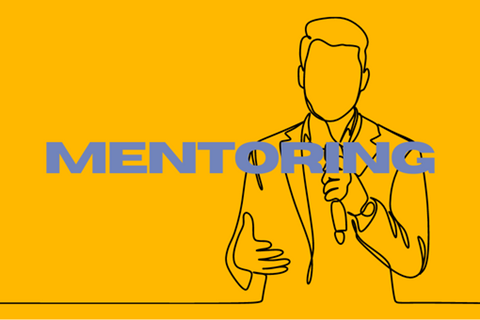
This could go one of two ways: without the process of self-reflection I would probably be frustrated and tetchy for the next few weeks which would impact on my family, work and mental health. However, having the awareness to self-reflect meant I could identify these things and take steps to avoid that happening. Instead of sinking into self-pity I could plot out what kind of attitude I wanted to have about it, taking inspiration from other people I knew who had gone through injuries.
As mentors we have a heightened ability (and responsibility) to ‘self-reflect’ and teach our mentees to self-reflect. That means to calmly consider and then respond to significant moments that arise in life, both positive and negative. Many people have not developed this simple skill but it can be the difference between bouncing along through life getting battered by what comes at you and being able to take things on the chin and transform them into opportunities.
As a process, self-reflection means:
1) Observing your circumstances and their implications
2) Recognising and responding to your own emotions
3) Learning something from the situation and identifying action points
How do you teach your young people to self-reflect in this way? Can they see you doing it or do you keep it hidden? How well do your mentees do it already? How well do you do it? The simplest form of teaching them this is asking questions like, ‘how did you feel when that thing happened?’ Walk your mentee through this process a few times before empowering them to do it themselves.
The fruit of self-reflection is stories. You gain experiences you can recount to your mentee which illustrate points and act as examples of times when you have learned from your mistakes or successes. Mentoring is largely about giving your mentees a window into how an adult functions and copes with life – you are being an interactive, personal role model. You are a supermarket and your experiences are your shelves of products! Let your mentees browse the aisles and pick up whichever nuggets of wisdom and faith they observe or hear you talking about.
Take some time to reflect on your week – there’s bound to be at least one incident in there that you can recount to your mentee when you next meet them as part of your conversation. It doesn’t have to be earthshattering – just sharing your life and allowing them to accompany you, even when it means dealing with broken bones!











































